“So You Think You’re English” (print version), by the Telegraph in Britain, is a fascinating look at the issue of DNA research and genealogy, especially where it helps squish racism as well as how DNA research is beginning to break down the mythology of “true blood”.
A new test can tell you, broadly speaking, where all of your ancestors have come from over a period of thousands of years. Recent scientific advances mean that it is now possible to unlock a far fuller story of the genetic past than has ever previously been possible. Inside you – in your DNA – are the traces of every one of your ancestors. By using a sophisticated computer program to compare your DNA with a global databank, scientists are now able to reveal the secrets of your global origins.
…However, these tests could be a powerful tool in the fight against racism. It is not just that they prove, once and for all, that any notions of race or racial purity are patently absurd and scientifically wrong. Their power lies in that they prove it by showing people what is in their own blood. When the truths of science become personal truths, they get taken more seriously.
The author, Andrew Graham-Dixon, participated in a genetics test for the television production company behind the series, “Who Do You Think You Are?” exploring the “truth” behind the genetics of people who claimed they were English. According to Graham-Dixon, “The aim of the programme was to plot these people’s ideas of national identity against the hard genetic facts of their actual origins.”
According to the article, not everyone was happy with the DNA results. One participant is suing them over the DNA results, accusing them of loss of reputation and standing in society as a true English person. Amazing! Sure, there are still flaws and lack of sufficient data in the databank to be 100% correct, especially after the recent mess up with Oprah’s DNA findings, but this is an evolving technology. But is it enough to sue over? Hardly.
The idea of challenging our “sense of history” of where we are “from” is one that I’ve challenged a lot recently as the Internet opened up huge holes in my family history. The genealogy mythology in the West was that we were descendant from the Sir Fredrick West, part of the West family tree which came into Virginia in the 1700s and then spread across the southern United States. Sir West was a member of the royal family and this myth was passed down through our family, resulting in my 78 year old aunt telling her six children their whole lives that they have the hands of royalty, ensuring they took care of their hands.
In fact, our West family has no connection we’ve found with that West family. While we may have English roots, we don’t have those English roots. Our family was already in North American when those Wests arrived. Our West family stayed in the North, heading both across to Michigan and north into Canada before rejoining the Michigan branch again there.
So I can imagine the shock these “I’m English” participants felt when their real genetic heritage results came in. My research isn’t complete, but it looks more and more like my family was part of the Mayflower, or here before the Mayflower arrived. This makes us a different kind of royalty 😉 in the United States. Still, it’s a shocker to my West family relatives when I tell them that we aren’t related to English royalty.
According to the article, the DNA global databank divides the world into four ancient population groups: European, East Asian, Sub-Saharan African and Native American. Many of the participants found that they were not as “pure English” as they thought, which led to the wonderful summary of the article:
And as for the idea of being ‘100 per cent English’, well – to put my art critic hat back on – no one has put their finger on the truth better than the great painter Walter Richard Sickert. ‘No one could be more English than I am,’ he once said archly. ‘Born in Munich in 1860, of pure Danish descent!’
I love it.
Most Recent Articles by Lorelle VanFossen
- The Myths and Mysteries and Hunt for Nicholas Knapp
- The Perpetual Calendar
- GenSmarts: Reminder to Not Assume
- Gensmarts Saves Your Family History Research Life
- Digging Through Historical Newspapers Online

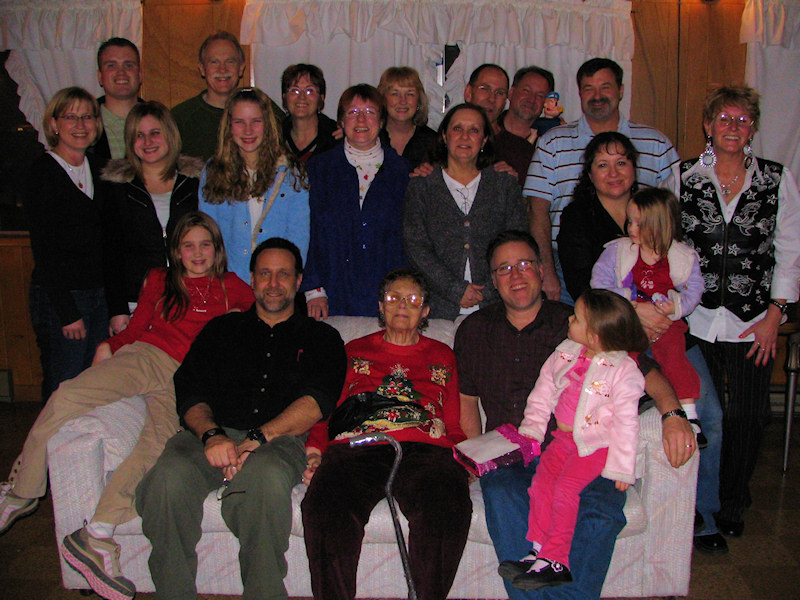
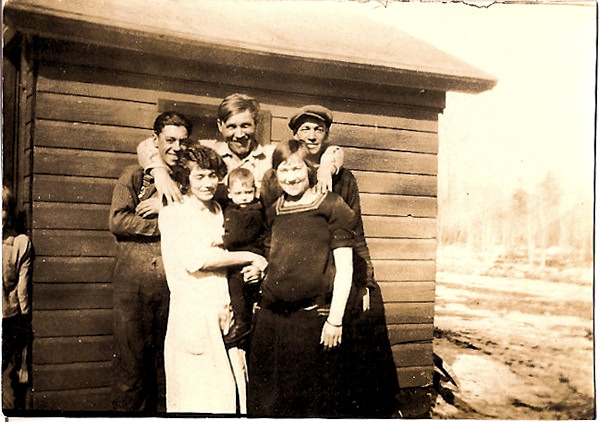
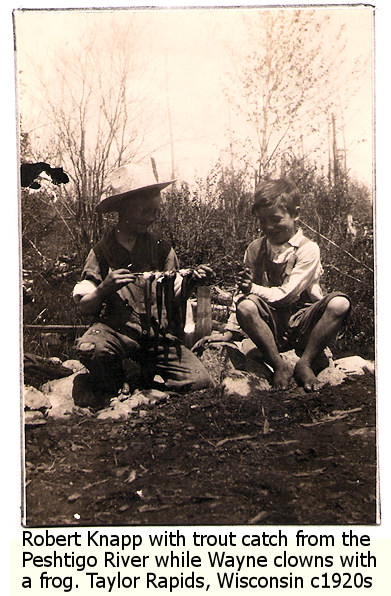
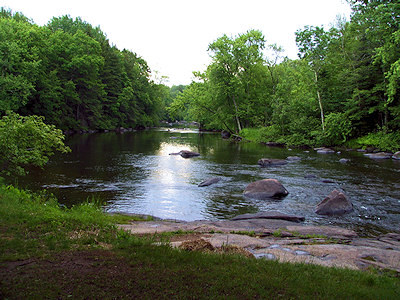
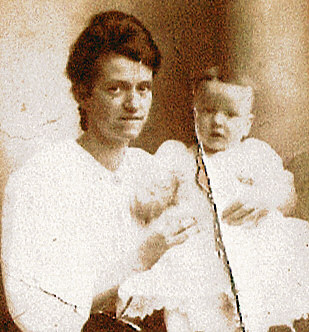
Pingback: DNA and Dougie | neboset